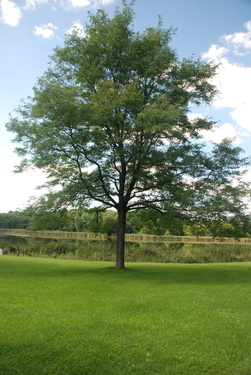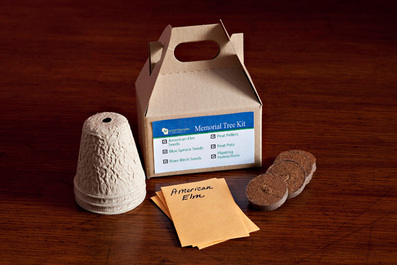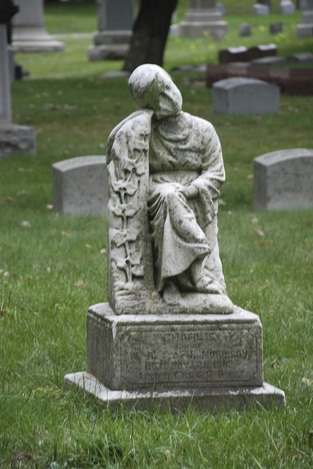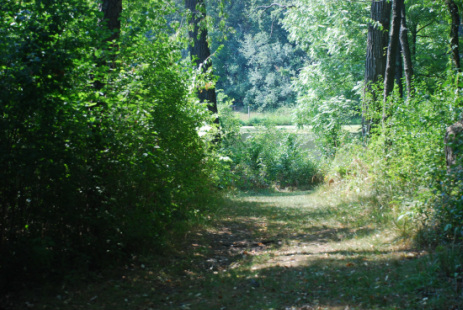A few weeks back I was sent another link for a time-sensitive fundraiser. A former coworker’s son had died at 16 in a tragic swimming accident, and donations were being sought to help cover the burial and funerary expenses. It was a sad reminder of the practical realities of death.
With the average cost of funeral services and internment at about $10,000, few families are able to absorb the expense of modern death, particularly sudden death, which has given rise to crowdfunding requests. Some sites, including Graceful Goodbye and Funeral Fund, have been created specifically to cater to death care expenses.
I am an advocate of, and oft-contributor to, crowdfunding requests. I feel that it is a medium that provides the average Jane or Joe the opportunity to invest in projects that express their passions and interests in a way that most middle-class investment opportunities rarely can. Getting in on the ground floor of a new restaurant, supporting a local art gallery exhibit or rock band recording, or helping launch a great small business idea used to be the realm of the rarified-air-breathing “qualified investors,” those with a cool million or so of “risk-able” money. For the rest of us who find it difficult to figure out if our 401k is sunk in to big oil or Monsanto, crowdfunding provides a straightforward exchange and often has the advantage of instant and long-term gratification – although, rarely, huge financial gains. Crowdfunding “returns on investment” are, usually, mostly intangible -such as gratitude and the not-entirely-vicarious thrill of seeing one’s supported project succeed.
Another, often unmentioned, aspect of crowdfunding is its ability to bring attention to causes, issues and concerns that are not being addressed by the status quo. Whether its investing in the exploration of solar roadways, or helping out uninsured folks upon whom tragedy has fallen, crowdfunding “asks” can highlight the cracks in the system and attempts to weave a social safety net and support structures where the free enterprise system and government fail.
Which brings me to a fundamental question – should burials be considered a basic human right and, if so, how should they be financed? Clearly an honorable burial is valued by the military for veterans, for whom they are provided at no cost, but what about every other world citizen? With our identification technology and digital cataloguing/GPS capacity there is no excuse for a nameless “paupers grave” to be the sole option for those without funds, or desire, to support the conventional, environmentally-damaging funeral practices. Why doesn’t our society have a simple, yet dignified, no cost option for all?
I propose that such an opportunity could be created through targeted investments, for vetted non-profit land conservation groups, that are specifically earmarked for the development of natural and/or conservation burial grounds. Hundreds, if not thousands, of green jobs could be created, including local urban wood/reclaimed wood coffin makers, shroud manufacturers, “death midwives” or re-trained green funeral directors, site planners, land managers, and documentarians.
Death care is a $20.7B industry. If even a tenth of that funding was made accessible to support the preservation of open space while providing a no cost burial option to all, hundreds of thousands of acres could be saved or restored, and tens of thousands of families could avoid sinking further into debt in the name of “honoring” their loved ones - instead focusing on their natural grieving process and life celebrations. That’s an investment I’d be willing to make. Time to Indiegogo?







 RSS Feed
RSS Feed